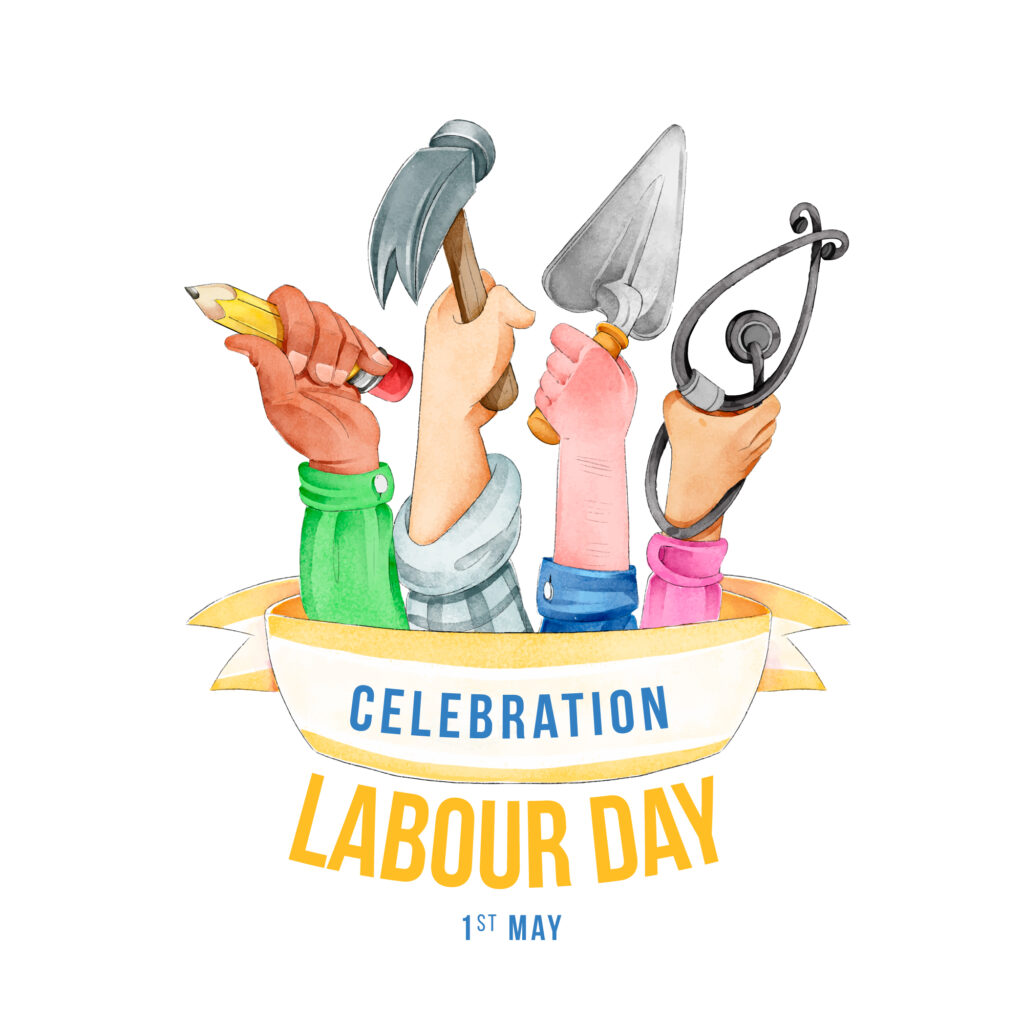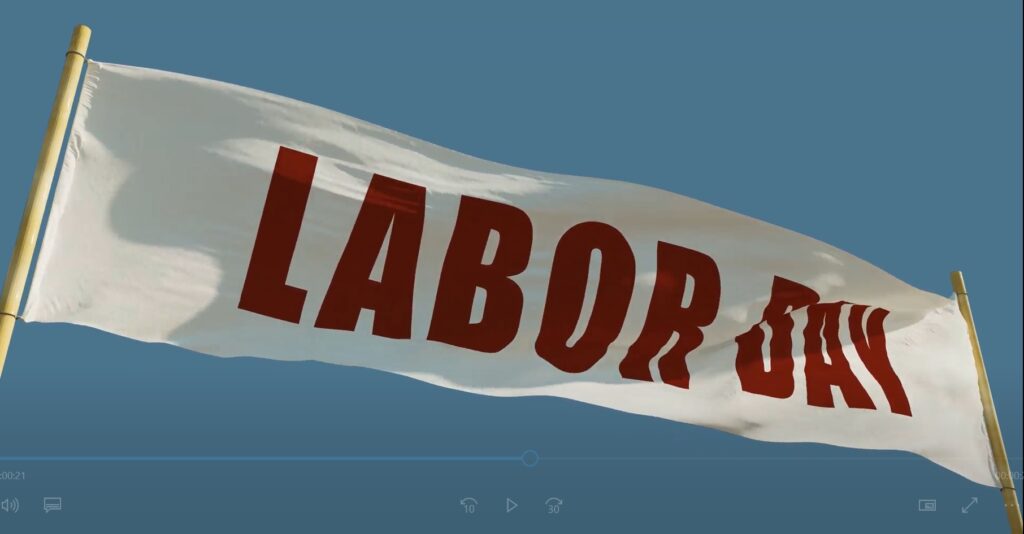Labor Day’s history goes back to the late 19th century as part of an effort establish a way to honor workers.
Read the article and decide if the sentences below are true or false:
https://www.inc.com/associated-press/when-is-labor-day-why-do-we-celebrate-it.html
1. Labor Day is a holiday that exclusively honors unions and their advocacy for workers.
2. The Pullman Palace Car Company strike in 1894 was a peaceful protest without any fatalities.
3. Grover Cleveland established Labor Day as a federal holiday to appease the working class after the Pullman strike.
4. Barbecuing has been a part of Labor Day celebrations since the early 20th century.
5. The National Labor Relations Act of 1935 gave private sector employees the right to join unions.
6. The tradition of not wearing white after Labor Day began in the early 20th century.
7. Fashion experts agree that the rule of not wearing white after Labor Day is still strictly followed in modern fashion.
8. In the 1930s, courts frequently ruled that labor strikes were legal and encouraged union formation.
Key: 1.F; 2F; 3T; 4F; 5T; 6F; 7F; 8F
Glossary
- touchstone – a fundamental or quintessential part or feature; basis
- artisan – a worker who practices a trade or handicraft; craftsperson
- entrenched – fixed or have existed for so long that they cannot be changed
- resurgence – the reappearance and growth of something that was common in the past
- adage – a wise saying
- to spawn – to make a series of things happen or start to exist
- to abide – to comply (with)
- hinge – transition, turning point
Practice makes perfect
Fill in the sentence gaps with articles [a, an, the or nothing (no article)]
For 1. ……. most people, Labor Day is 2. ……. reason to take some well-deserved time off to relax and enjoy 3. …….. company of family and friends. That, however, was not my experience growing up. In my house, Labor Day meant exactly that- 4. ….. day of labor. This was 5. ….. day when my parents rolled out 6. …… big projects, like landscaping, painting and cleaning out 7. …… garage. We’d work for as long as it’d take to finish 8. ….. project. If there was 9. ….. pile of rocks that needed to be moved and it took us until 10 pm that night, then so be it. I remember being upset by 10. ….. annual task and complaining that it was 11. ….. holiday, and we should be having 12. ….. fun instead. But they would counter, that’s what other holidays are for; Labor Day is named so for 13. …… reason.
My parents’ early lessons instilled 14. ….. work ethic I have in me today – and because of that work ethic, I was able to not only accept, but embrace 15. ……. challenges of being 16. ……. entrepreneur. In this line of work, if you don’t have a strong work ethic, you burn out pretty fast. (…)
In order to read the whole article/check your answers, go to: https://www.inc.com/clate-mask/how-labor-day-prepared-me-for-life-as-an-entrepreneur.html
Key: 1. -; 2. a; 3. the; 4. a; 5. the; 6. the; 7. the; 8. the; 9.a; 10. the; 11. a; 12. -; 13. a; 14. the; 15. the; 16. an
Discuss:
- What springs to mind when you hear the word ‘May’?
- What is the significance of Labor Day?
- What are some of the common ways that people celebrate Labor Day?
- What was the second article’s author’s experience with Labor Day growing up, and how did it differ from the typical experience?
- What is the author’s philosophy on work, and how does it relate to the difference between showing up and getting results?
- Why does the author believe small business owners are some of the hardest working people?
Watch and revise!
Labor Day_ From Strikes to Success!
https://www.cloud.worldwideschool.pl/index.php/s/3D4GobMJZytJXBL
(6037)






